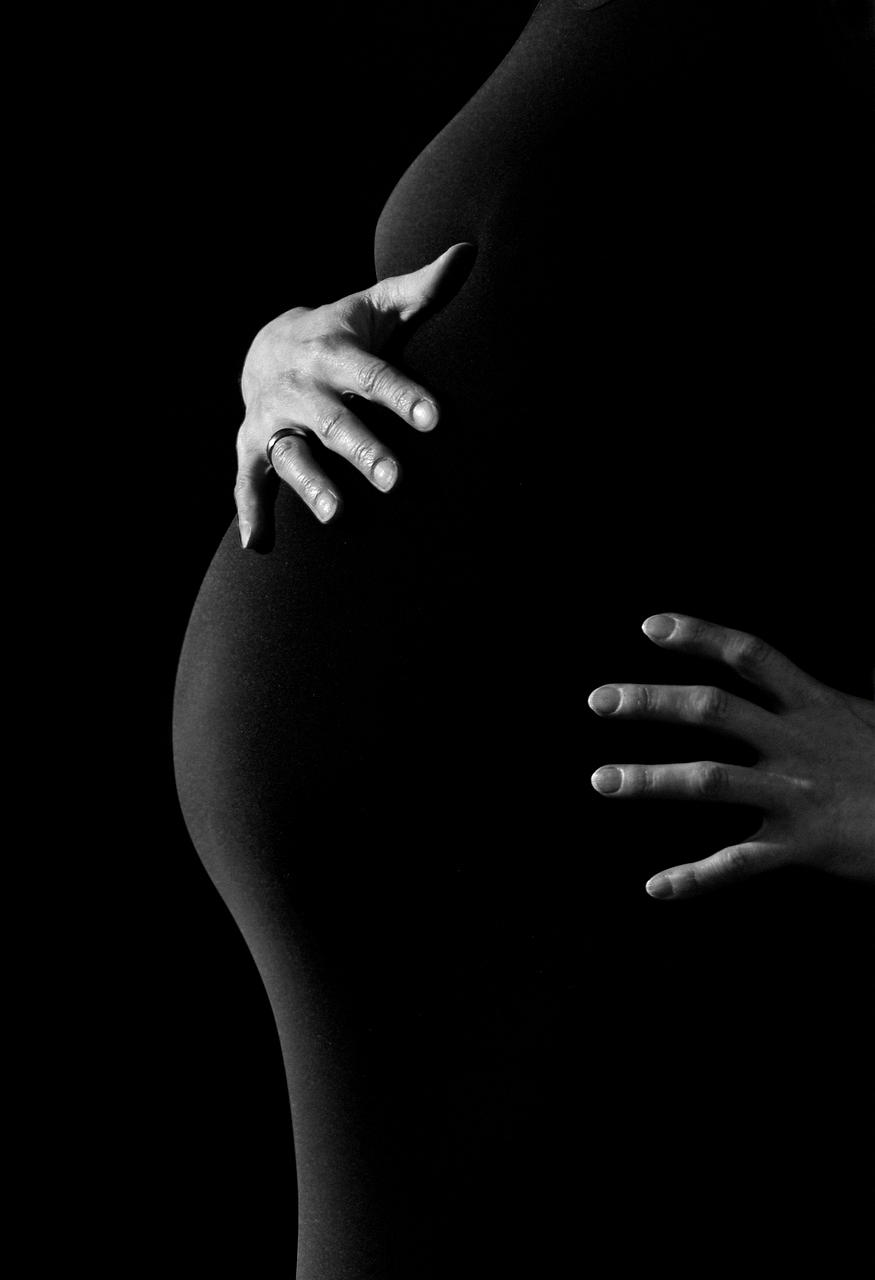Gestational pruritus, more commonly known as itching during pregnancy, can be a frustrating and uncomfortable symptom for expectant mothers. One of the key treatment options for this condition is Ursodeoxycholic acid, which has been identified as the treatment of choice for managing gestational pruritus.
Ursodeoxycholic acid is particularly effective in improving maternal pruritus, which is the persistent itching sensation that often accompanies this condition. Studies have shown that the administration of Ursodeoxycholic acid not only helps to alleviate itching but also has a positive impact on liver transaminase levels, which can be elevated in cases of gestational pruritus.
Furthermore, Ursodeoxycholic acid has been found to lower bile acids levels in pregnant women experiencing gestational pruritus. By reducing the concentration of bile acids in the body, this medication plays a crucial role in managing the symptoms associated with this condition and improving overall maternal well-being.
Additionally, there is evidence to suggest that Ursodeoxycholic acid may have potential benefits for fetal health. While the exact impact of this medication on adverse fetal outcomes is still a topic of debate among healthcare professionals, some studies have indicated that Ursodeoxycholic acid could potentially reduce the rate of negative outcomes for the baby.
When it comes to dosing, a common regimen involves administering 15 mg/kg of Ursodeoxycholic acid daily or a standard dose of 1 gram per day. This dosage is typically continued until the delivery of the baby, providing ongoing relief for expectant mothers grappling with the symptoms of gestational pruritus.
It’s important to note that the use of Ursodeoxycholic acid should be carefully monitored by healthcare providers to ensure its safety and efficacy for both the mother and the developing fetus. Regular check-ups and discussions with a healthcare professional can help to tailor the treatment plan to individual needs and ensure positive outcomes.
In addition to medication, other strategies can also be employed to alleviate gestational pruritus symptoms. These may include lifestyle modifications, such as wearing loose-fitting clothing, using gentle skincare products, and avoiding known triggers that can exacerbate itching during pregnancy.
Overall, the treatment of gestational pruritus requires a comprehensive approach that addresses both the physical symptoms experienced by the mother and the potential implications for the baby. By working closely with healthcare providers and following a personalized treatment plan, expectant mothers can effectively manage this condition and enjoy a more comfortable pregnancy experience.

